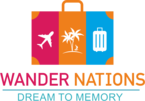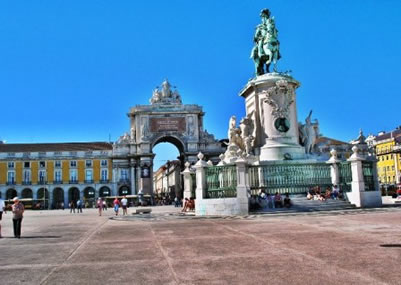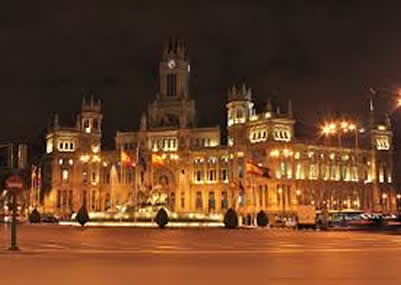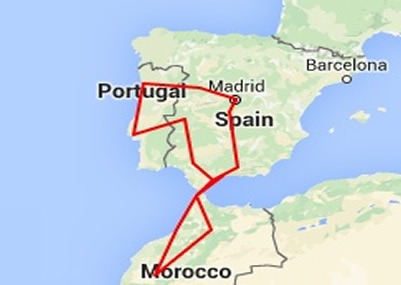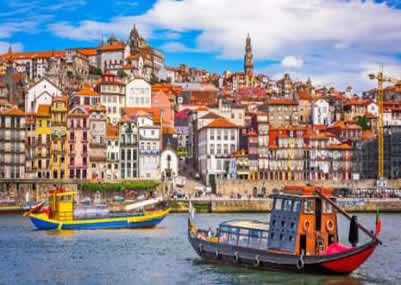Portugal
Portugal is 900 years old, and even though it has a relatively small area, it has played a crucial role in world history. As of today, it is the oldest country in Europe with the same borders. During the 15th and 16th centuries Portugal started a major chapter in world history with the New World Discoveries (''Descobrimentos''). It established a sea route to India, and colonized areas in Africa (Angola, Mozambique, Cape Verde...), South America (Brazil), Asia (Macau,...), and Oceania (East-Timor,...) creating an empire. The Portuguese language continues to be the biggest connection between these countries.
In 1910, the Republic was established, abolishing the monarchy. However, this Republic was fragile and a military dictatorship was implemented, which lasted for 46 years, plunging the country into a marked stagnation. In 1974, Portugal became a free democracy, and in 1986 it joined the current European Union, quickly approaching European standards of development.
Portugal is 900 years old, and even though it has a relatively small area, it has played a crucial role in world history. As of today, it is the oldest country in Europe with the same borders. During the 15th and 16th centuries Portugal started a major chapter in world history with the New World Discoveries (''Descobrimentos''). It established a sea route to India, and colonized areas in Africa (Angola, Mozambique, Cape Verde...), South America (Brazil), Asia (Macau,...), and Oceania (East-Timor,...) creating an empire. The Portuguese language continues to be the biggest connection between these countries.
In 1910, the Republic was established, abolishing the monarchy. However, this Republic was fragile and a military dictatorship was implemented, which lasted for 46 years, plunging the country into a marked stagnation. In 1974, Portugal became a free democracy, and in 1986 it joined the current European Union, quickly approaching European standards of development.
Other Destinations of Portugal

Lisbon
Tours
